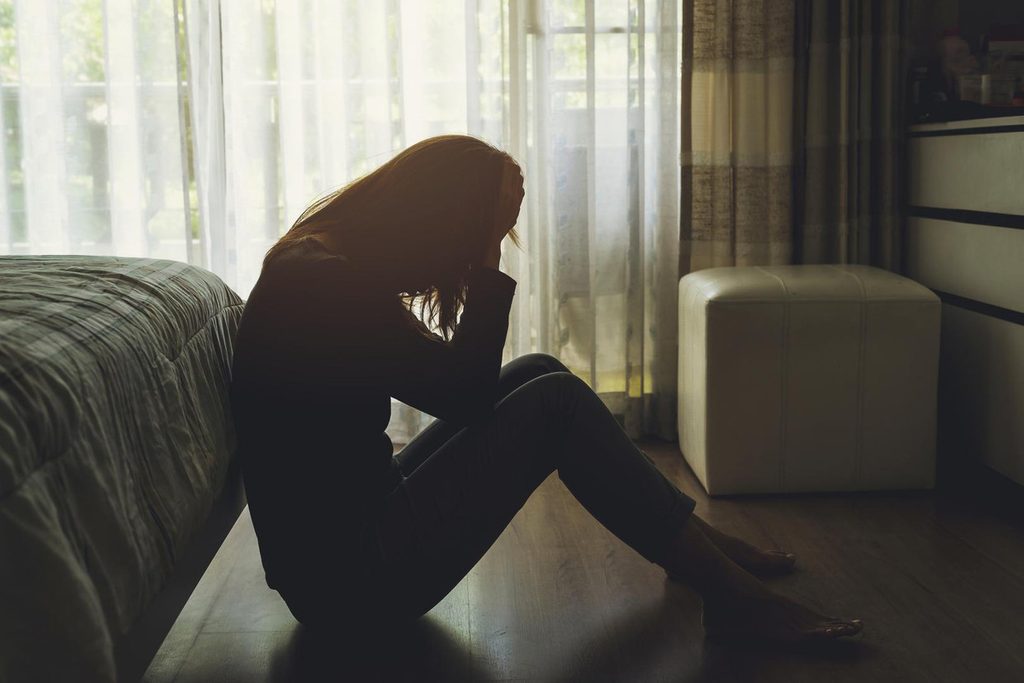Today (1 March) marks Self-Harm Awareness Day. The number of young people experiencing suicidal thoughts or self-harming has almost doubled since the Covid-19 pandemic in Flanders, according to research from Brussels' VUB university.
One third of young people reportedly experiment with self-harm, according to VUB Professor Imke Baetens, an expert in preventing and treating emotional and behavioural problems in children and adolescents.
Ahead of Self-harm Awareness Day (1 March), Baetens highlighted the growing mental health issues among young people in Belgium. As an internationally recognised expert in youth self-harm, she believes that schools play a crucial role in addressing the problem.
"It's impossible to treat all these young people professionally, but fortunately, that's not necessary," she said. "About one third of young people experiment with self-harm a few times, similar to experimenting with drugs. We officially refer to self-harm when the behaviour occurs more than five times in a year."
The expert noted that the number of young people dealing with depression, suicidal thoughts, or self-harm is on the rise. "Since the Covid-19 pandemic, we've seen a significant increase in psychological complaints among young people in Flanders and globally. They experience more psychological stress, such as anxiety, depressive feelings, and sleep problems," Baetens noted.
Avoidance, escape and substance abuse
"Young people are also increasingly using maladaptive coping mechanisms like avoidance, escape and substance abuse. This behaviour is appearing at younger ages," the expert added. One in three 12 to 13-year-olds reports engaging in self-harming behaviour while more than half of Flemish students say they have experienced at least one psychological symptom in the last week, Baetens claimed.
The expert stated that the pandemic has caused a lasting impact. "History shows that other pandemics and significant global events have had long-term consequences," she said. Events such as Russia's invasion of Ukraine, violence in the Middle East, nuclear threats, economic uncertainty and the climate crisis also contribute to the problem.
To address the issue, Baetens aims to focus on prevention in schools. She has created a self-harm prevention package, which serves as a practical guide to making the topic discussable. "It includes a step-by-step plan for developing a school protocol."
Additionally, VUB has developed a two-day training programme for self-harm and suicide prevention advisors. "The training helps care coordinators and staff develop a school-specific prevention policy."
Lastly, Baetens has created a toolkit for caregivers, which includes screening questionnaires, conversation cards, brochures, and a documentary featuring personal stories from experts.

